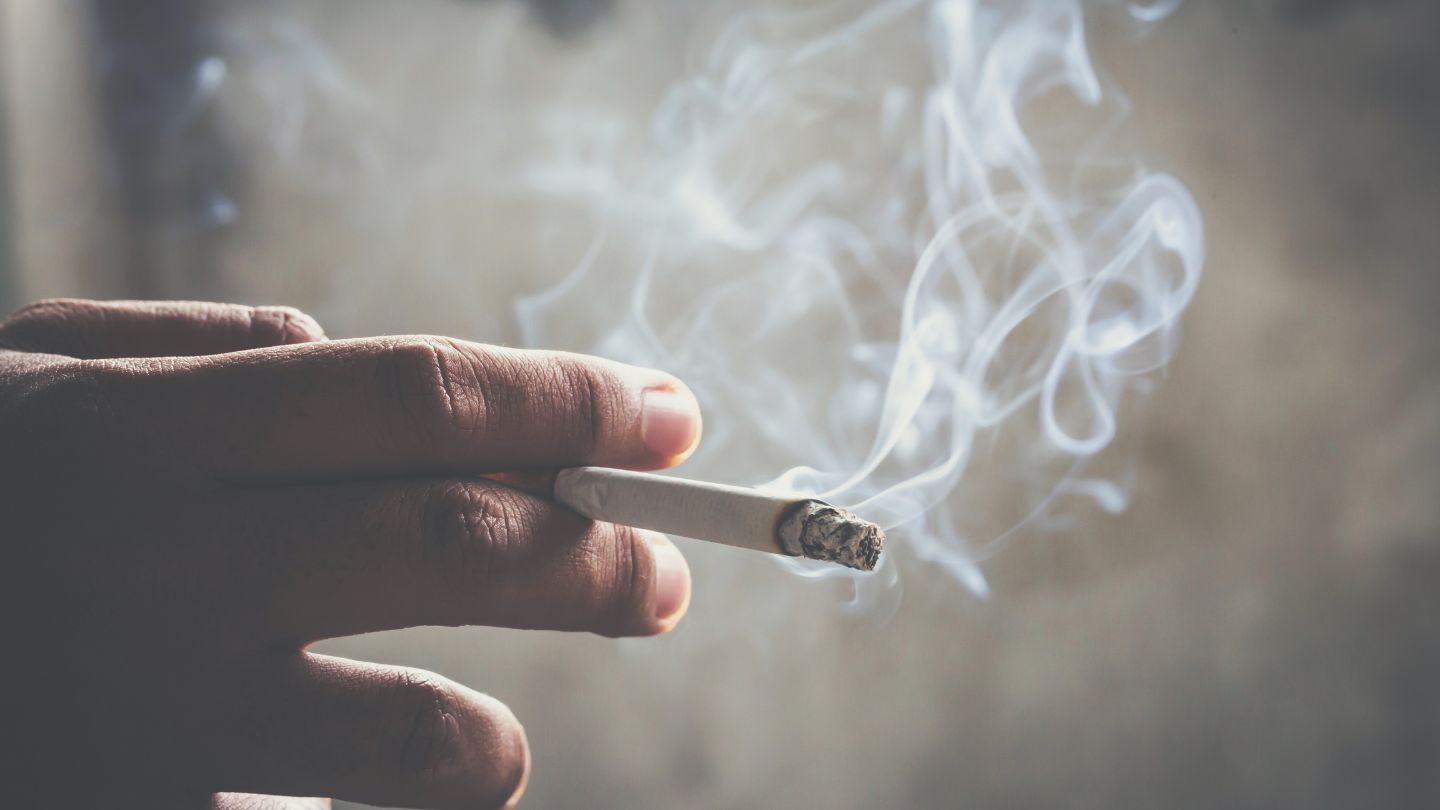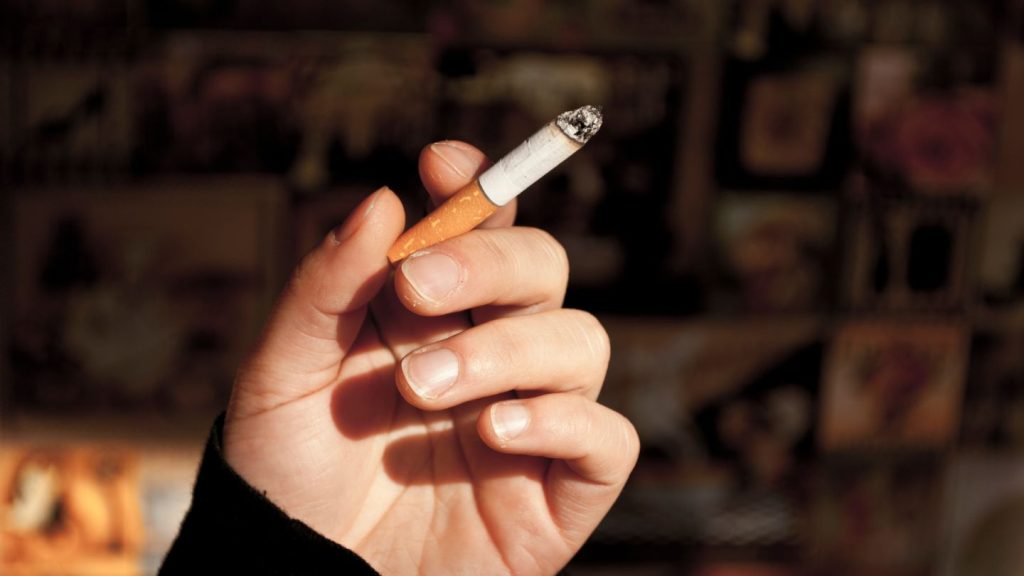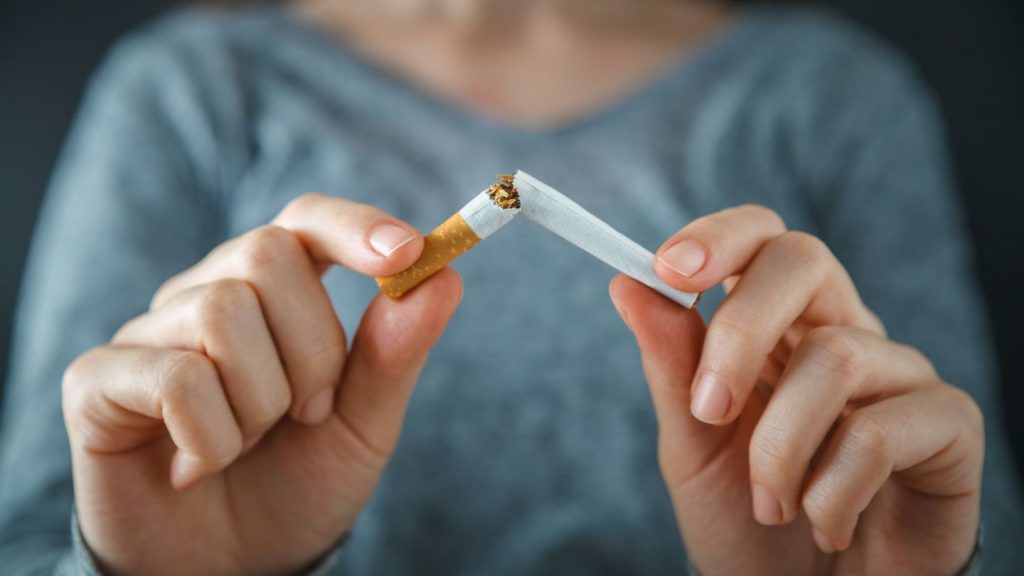
The Unforeseen Consequences of Smoking Before and After Bariatric Surgery
Many patients preparing for weight loss surgery underestimate the impact of nicotine on surgical success and long-term recovery. Smoking constricts blood vessels, limits oxygen flow to tissues, and delays healing. For individuals considering bariatric surgery, even occasional smoking can dramatically increase postoperative risks. Understanding how smoking and bariatric surgery interact is critical for ensuring safety and achieving long-term results.
How Nicotine Affects Surgical Healing
Nicotine impairs collagen production and reduces the body’s ability to heal incisions efficiently. Most bariatric programs recommend complete cessation several weeks before surgery. Patients who ignore this guidance risk wound separation, infections, and prolonged recovery. In severe cases, nicotine use before surgery has been linked to an increased likelihood of anastomotic leaks and internal bleeding.
Smoking’s Impact on Weight Loss Outcomes
Beyond surgical recovery, smoking can also diminish weight loss results. It suppresses appetite but disrupts metabolism, making post-surgery nutritional absorption inconsistent. For patients asking, can you smoke after bariatric surgery?, the answer is clear, doing so jeopardizes both immediate healing and long-term metabolic success.
Preoperative Smoking Risks
Before surgery, every cigarette reduces oxygen saturation and increases carbon monoxide in the blood. For those wondering, can you smoke after weight loss surgery or before it?, medical professionals strongly advise quitting entirely. Even a single puff before surgery can elevate anesthesia risks.
Delayed Healing and Increased Infection Rates
Smoking weakens immune response and slows wound repair. Patients who continue to smoke before or after surgery are far more likely to experience infections near incision sites or poor scar formation.
Before bariatric surgery, many surgeons recommend a liquid diet for a period , but how long that should last, and why, matters. Typically, a 1–2 week liquid phase is advised to shrink the liver, reduce inflammation, and prepare the stomach for surgery. This helps lower surgical risk and improves visibility for the surgeon. Smoking during this period counteracts those benefits by inflaming tissues and reducing liver detoxification efficiency.
How Smoking Affects Anesthesia and Blood Oxygenation
Tobacco smoke limits lung capacity and affects how the body processes anesthesia. For bariatric patients, this creates higher oxygen requirements and potential respiratory distress during the procedure. Surgeons often delay operations if nicotine traces are detected in pre-surgery tests.
The Minimum Quit Timeline Before Surgery
Most bariatric specialists recommend quitting at least four to six weeks before surgery. This timeline allows the cardiovascular system to recover and improves overall oxygen delivery during healing.
Postoperative Dangers of Smoking

After surgery, the risks of smoking multiply. Patients often ask, “When can I smoke after gastric sleeve?” , the safest answer is never. Smoking immediately after surgery significantly raises the likelihood of ulcers, leaks, and blood clots.
Wound Breakdown and Anastomotic Leaks
Smoking restricts blood flow to the stomach lining, which can lead to tissue breakdown near surgical connections. These leaks slow recovery and can cause life-threatening infections requiring emergency care.
Risk of Blood Clots and Ulcers
Nicotine thickens blood and constricts arteries, increasing clot formation risks. Combined with reduced movement after surgery, this can lead to serious complications. Smoking also irritates the stomach lining, triggering ulcers in patients recovering from bariatric sleeve surgery.
After surgery, having a roadmap is essential , hence essential tips for bariatric surgery recovery. Healing requires patience. Follow dietary phases strictly, prioritize protein, stay hydrated, avoid heavy lifting, and monitor for complications. Emotional support, supplementation, and medical follow-ups are vital for sustained recovery.
Long-Term Effects on Metabolism and Recovery
Patients who resume smoking within months of surgery often experience slower weight loss and nutrient deficiencies. Carbon monoxide exposure reduces vitamin absorption, especially iron and B12. Persistent smokers are also prone to acid reflux and gastrointestinal discomfort.
When your doctor gives the go-ahead, exercise after bariatric surgery becomes a key recovery component. Start with walking, then progress to resistance training. Strength work preserves muscle mass, while flexibility and core exercises support posture and long-term results.
How Quitting Before Surgery Improves Outcomes
Quitting smoking before bariatric surgery delivers immediate benefits. Oxygen circulation improves, tissue repair accelerates, and wound resistance strengthens. Patients who quit early not only recover faster but also achieve more stable weight loss.
Enhanced Healing and Reduced Complications
When nicotine is eliminated, healing accelerates. Studies show patients who quit at least six weeks pre-surgery experience up to 40% fewer postoperative complications. For anyone uncertain about smoking after bariatric surgery, this evidence reinforces that quitting early leads to better outcomes.
Improved Weight Loss Efficiency and Energy Levels
Smoking reduces stamina and lung capacity, both essential for post-surgery activity. Once nicotine is gone, patients experience more energy, focus, and motivation, critical for maintaining results long term.
Equally important: foods to avoid after bariatric surgery should be clearly defined. Highly processed, sugary, or carbonated foods, tough meats, high-fat meals, and large portions can cause dumping syndrome or stomach stretching. Avoiding these protects progress and promotes lasting success.
A Step-by-Step Plan to Quit Smoking for Bariatric Success
Phase 1 – Pre-Surgery Preparation
Set a quit date and gradually reduce nicotine. Replace habits like coffee-and-cigarette breaks with sugar-free gum or short walks. Nicotine replacement therapy should only be used under medical supervision.
Phase 2 – Immediate Post-Surgery Reinforcement
The first few weeks post-op are critical. Avoid smoking triggers and social settings. Use follow-up appointments and therapy if cravings intensify. This stage builds a foundation for long-term abstinence.
Phase 3 – Sustaining a Smoke-Free Lifestyle
After three months, replace triggers with positive habits such as hydration, protein intake, and exercise. Keep a visual record of progress, like improved breathing or better sleep. Support groups and accountability play major roles in success.
Creating a Smoke-Free Recovery Environment

A supportive, smoke-free environment is crucial for maintaining results. Remove all tobacco products, avoid secondhand smoke, and replace stress-related behaviors with relaxation techniques such as deep breathing or meditation.
Emotional Triggers and Behavioral Substitutes
Many patients smoke due to stress rather than habit. Recognizing emotional triggers allows healthier coping strategies like stretching or brief walks. Engaging in bariatric support groups can also reinforce lasting behavioral change.
Resources and Support Systems for Long-Term Abstinence
Local cessation programs, bariatric communities, and telehealth counseling provide valuable tools to remain smoke-free. Connecting with other patients who’ve succeeded in quitting builds motivation and resilience.
Final Thoughts
Smoking is one of the most significant risk factors for complications, metabolic issues, and slow recovery in bariatric patients. Whether you’re wondering can you smoke after bariatric surgery? or struggling with smoking after bariatric sleeve surgery, the answer remains a clear no.
For comprehensive preoperative guidance, postoperative care for bariatric surgery in Baltimore, and smoking cessation support, contact Ascension Saint Agnes through our website. Our expert bariatric team provides medically supervised programs to ensure safe recovery and lasting weight loss success.
Frequently Asked Questions
Can you smoke after bariatric surgery?
No. Smoking increases the risk of ulcers, leaks, and delayed healing. Even minimal smoking can reverse recovery progress.
Can I smoke after bariatric surgery if I’ve healed completely?
Even after healing, smoking disrupts nutrient absorption and inflames the stomach lining. Long-term, it increases your risk of pain and weight regain.
When can I smoke after gastric sleeve surgery?
Experts agree that smoking should not be resumed at any stage post-surgery. The internal risks outweigh any temporary satisfaction.